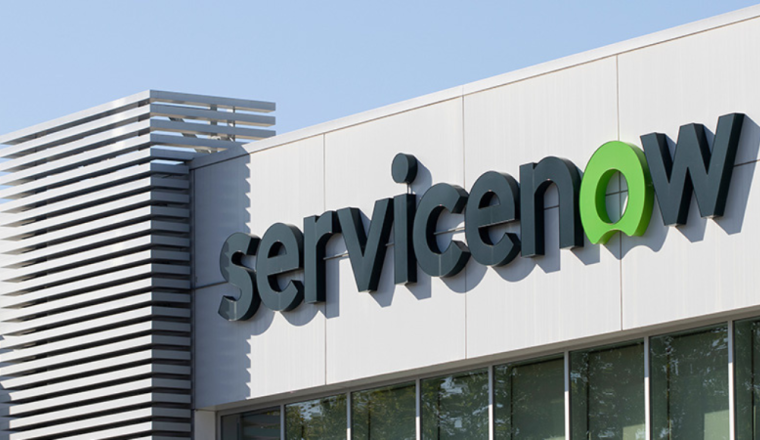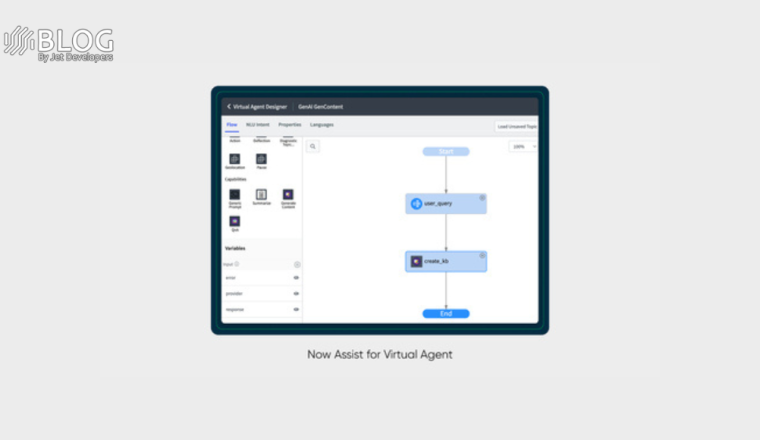ServiceNow Expands Generative AI Capabilities
ServiceNow, the low-code enterprise automation company, has recently announced exciting expansions to its Now platform’s generative AI capabilities. These new features include case summarization and text-to-code functionalities, which are aimed at boosting speed, productivity, and overall value for customers across various industries.
The purpose of these generative AI capabilities is to alleviate repetitive tasks and enhance productivity. The case summarization feature automatically extracts crucial information from IT, HR, and customer service cases, streamlining the resolution process. On the other hand, text-to-code converts natural language text prompts into executable code for the ServiceNow platform, providing developers with an efficient way to create code.
Jon Sigler, VP of Now Platform at ServiceNow, highlighted the significance of these advancements, stating that by integrating generative AI into their platform and workflow offerings, they aim to help customers drive business value from a single source. The ServiceNow large language model (LLM) was specifically designed to comprehend the Now Platform, workflows, automation use cases, and processes, ensuring accuracy, performance, and increased trust for ServiceNow use cases.
Strategic partnerships with tech giants such as Nvidia and Hugging Face played a crucial role in the exclusive development of ServiceNow’s LLM. These alliances expedited the integration of enterprise generative AI capabilities by combining cutting-edge research, advanced AI infrastructure, and expert domain knowledge.
The company’s collaboration with Nvidia and Accenture also led to the creation of the AI Lighthouse program, allowing customer companies to swiftly develop their own generative AI applications without lengthy assessment and procurement processes. Through this initiative, customers gain access to ServiceNow’s enterprise automation platform and engine, Nvidia’s AI supercomputing and software, and Accenture’s consulting and deployment services.
Case summarization and text-to-code are expected to significantly improve enterprise productivity. Case summarization enhances efficiency by providing essential information from case details, prior interactions, and resolutions, leading to faster hand-offs between internal teams and streamlined resolutions for customers and employees. On the other hand, text-to-code empowers developers with a time-efficient approach to creating code for routine commands, thereby improving code hygiene, accuracy, and quality.
The integration of generative AI technology into the Now platform makes enterprise coding more accessible and effective for developers, regardless of their coding expertise. ServiceNow’s proprietary LLM, known as StarCoder, was meticulously trained and fine-tuned using vast amounts of proprietary enterprise data. This specialized LLM is expected to boost the productivity of all users who utilize the ServiceNow platform across their organizations.
Looking ahead, ServiceNow is actively exploring how generative AI can enhance the efficiency of their sales teams in onboarding and addressing product-related inquiries promptly. Additionally, they aim to accelerate employee growth and career development by implementing generative AI. The company’s future strategy involves integrating generative AI throughout the Now platform, enabling customers to operate with intelligence at scale and fostering gen AI-powered innovation across all aspects of their businesses.
In conclusion, ServiceNow’s expansion of generative AI capabilities brings significant advancements to its Now platform, promising increased productivity, streamlined processes, and intelligent automation for its customers.




